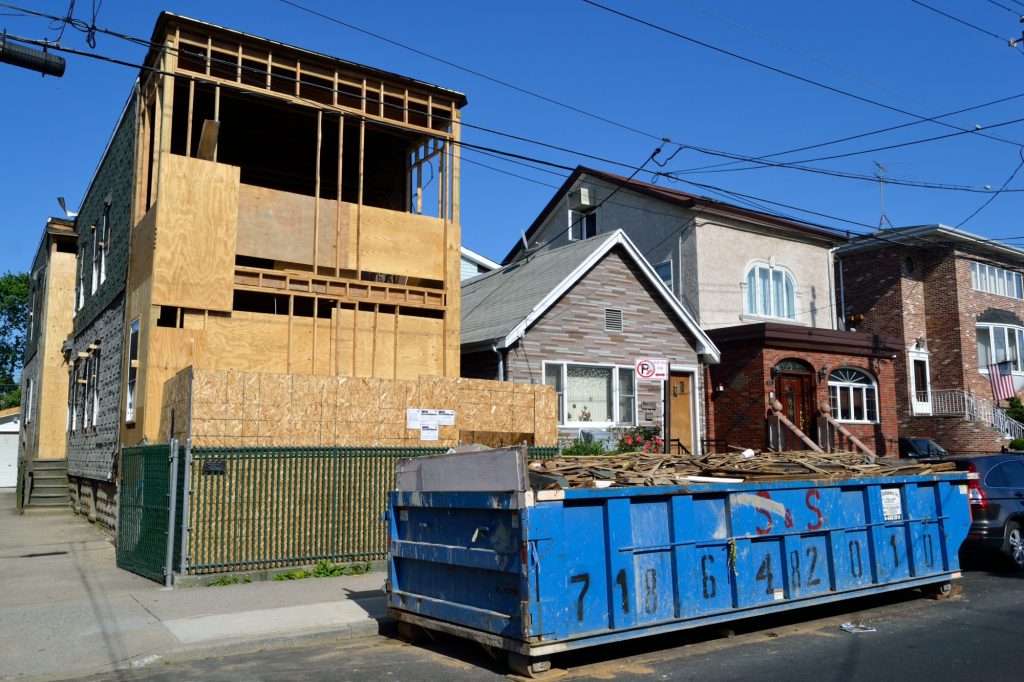Your House Flipping Guide: How to Become a Great DIY Renovator
Flipping a fixer-upper is a smart way to gain a pretty substantial profit, as long as you know how to do it right.
When it comes to renovating a house, there are several key things every investor should be aware of before they take the plunge.
Read on for a handy house flipping guide that will help you become a smart investor and an experienced DIY-er in no time.
Get to Know Your Market
Before you get excited about this house flipping guide, it’s important to be aware of your local housing market to learn what buyers want. People living in a busy urban setting might not find the same features appealing as the ones that people who live in rural areas do.
Ask a local real estate agent if they can give you a CMA or comparative market analysis. This report will show you homes in your area that have recently sold, their age, size, and more. Most importantly, this report will show you the actual sale price of the homes.
When you have a firm idea of your starting point, you’ll be able to buy homes at a lower price and resell them for a profit. If you don’t know your market, you could end up paying too much and even possibly end up losing money on the deal.
Another great way to get a feel for your local buying pool is to visit a few open houses. Look at the upgrades homeowners are making and find out which homes are getting the most attention and why.
House Flipping Guide: Financing
Buying a home with the intention to fix it up and resell it, or “flip” it for a profit requires different financing than a traditional home loan. Make sure you fully understand how house flipping financing works before you take the plunge into a renovation.
Many investors can pay cash for a fixer-upper, but those just starting out will probably need to be financed. Keep in mind that lenders will have much stricter qualifying requirements for those who want to flip a home. Many lenders require at least a 20-percent down payment if you’re buying an investment property, so keep this in mind, too.
When you look into financing, you’ll need to take more than just the asking price into account. Any home with a mortgage needs to have homeowners’ insurance coverage, and you will also be responsible for the taxes on the property.
In addition to these costs, don’t forget to add your renovation price to your budget. It’s best to aim high so you have extra money to cover unexpected costs that will likely pop up later.
Choosing a Property
The key to successful house flipping is to find a decent home at an affordable price. Take the home’s location into consideration while you hunt. Location can mean the difference between a home that sits for a long time and one that sells fast.
Aside from the location, examine what type of renovations you’ll need to make before you sell the home. If the home is old and in disrepair, it could end up costing you more time and money than it’s worth.
You may want to hire a professional inspector to join you when you go house hunting. They can point out any red flags or let you know if certain repairs might be more expensive than you planned.
Homes that need a few manageable, affordable upgrades and that are in a great location can mean a terrific profit for you. Do the math and crunch the numbers before you make an offer on a home.
You can also talk to a local real estate agent who can provide you with a list of affordable homes for sale. They can make recommendations as far as which ones they think will do well, and they may even have inside information and connections to the seller so you can get better information.
Renovating a House
Once you’re financed and choose a property to buy, it’s time to start the renovation process. Make a list of the things you should be able to tackle yourself and those that will require the help of an experienced contractor.
Get at least three estimates from different contractors that will perform different renovations. The more estimates you get, the better you’ll be able to determine your costs and how much your budget can handle.
Ask for references and reviews of contractors in your area so you know you’re hiring a company you can trust. Be prepared to wait and deal with things l like noise and debris while the home is undergoing renovations.
Look for discounts on materials or ask if you can purchase them yourself to save money. Determine which colors and finishes you want to use before the renovations begin.
Once the property is completely renovated, it’s time to put it on the market. Now you can sit back and wait for a sale as the profits roll in.
Start Your Flipping Journey
Use this house flipping guide to help you get started in the home flipping and renovation game. With some research and patience, you can find a great deal on a home that just needs a little updating to turn a profit.
Remember to get help from the pros like local real estate agents, home inspectors, and contractors. With the right people by your side, your flip should be a success.
Check out our website for more great articles about DIY, real estate, and more today!





